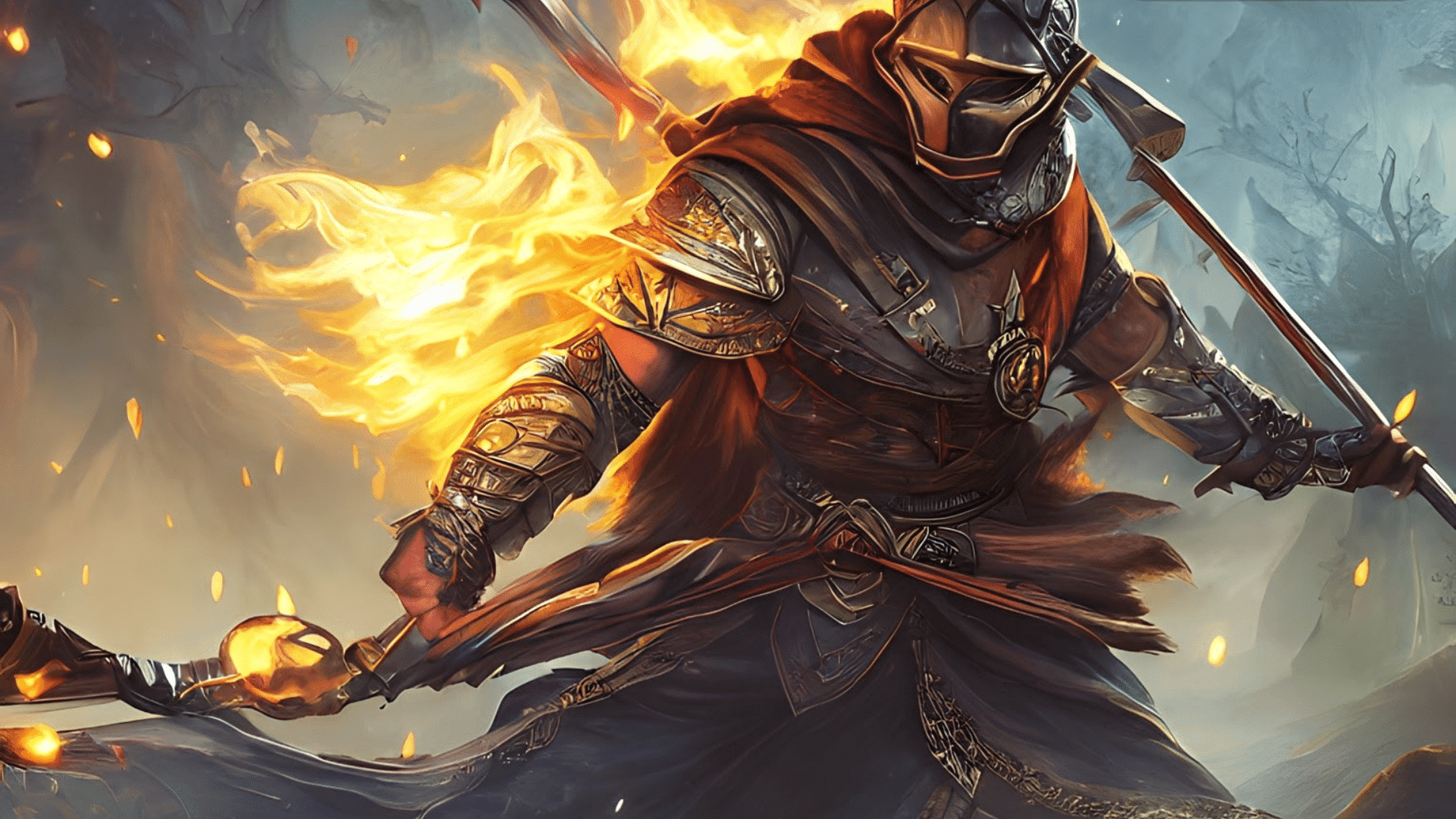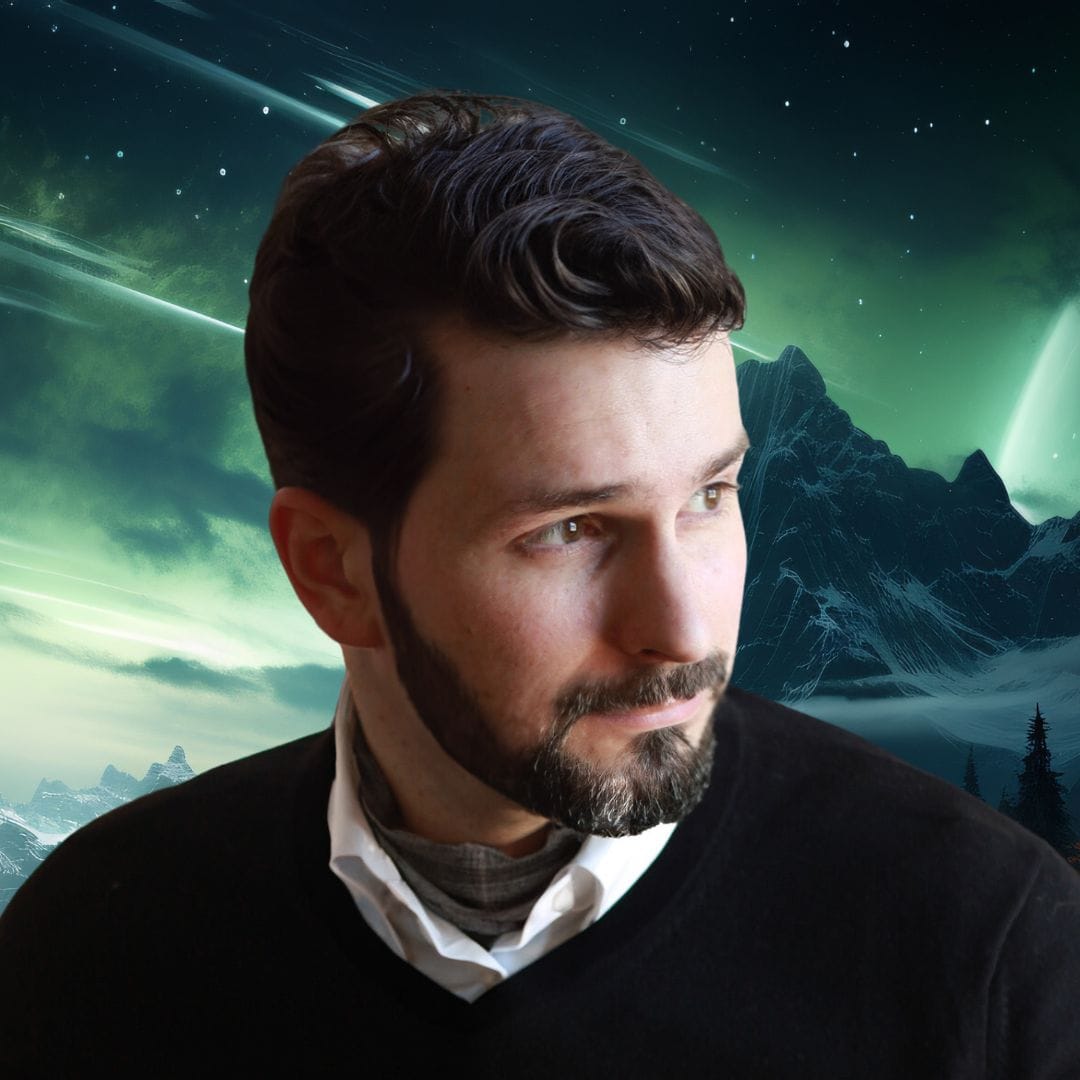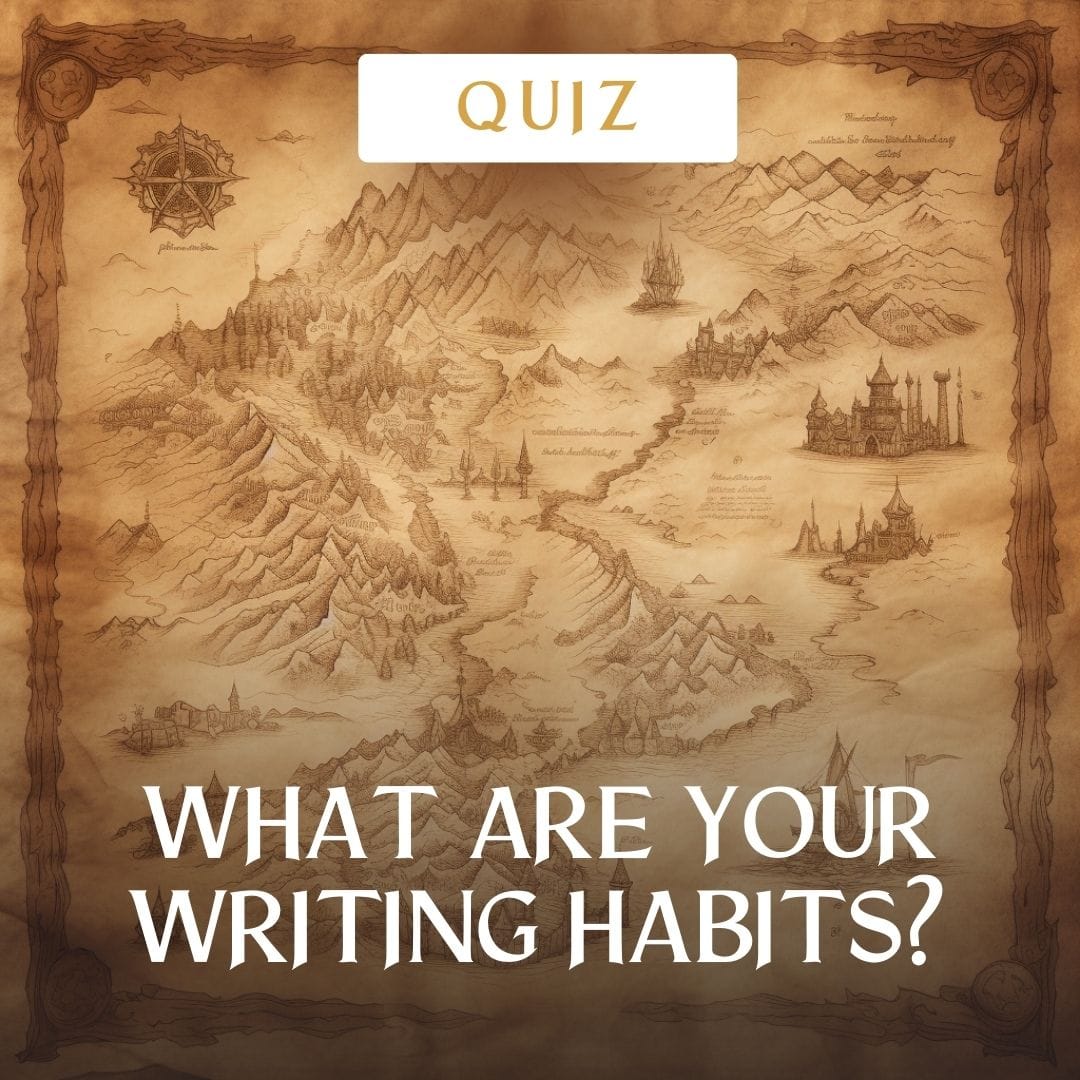A few years ago, I skimmed the film “Legends of the Fall,” and promptly forgot it. But the name continued to haunt me.
I could imagine was a great, leatherbound tome, perhaps a greyed grimoire of sagas. An epic book of great mythic tales from ancient worlds, the heroics of Adam’s sons and Eve’s daughters in a new world, the building and razing of Atlantis, the great games of thrones and weddings and mapmaking that defines our pre-history.
I wanted legends.
This post looks deep into my love for legendmaking and legendmakers. Here’s how I explain what a ‘legend’ is, a way that I think about the Fall, and why putting those two words together makes for amazing and important taletelling.
What’s a legend?
Legends are defined as ‘popular, traditional accounts of unauthenticated people or events.’ At least when you ask Google.
That definition captures none of the magic of a legend. Most of the important things in life have the reality of a gem, but pulse with the magic of meaning, the spirit of archetype, the intention of angels, and the glacial time-pressure of eternity fractaling in place.
Legends, like King Arthur, are meant to feel and be more real than Horus. Robin Hood is meant to be more approachable than Thor.
That’s because the gods (meaning angels and the hierarchies of non-material beings) exist outside of time. They are the mountains of meaning that embody into the matter and galaxies we know and love. We live within these gods, the way we live in gravity and city states and sunlight. We are made up of archetypes and truth and habits and hope and love and longing, the same way we are made up of energy and bacteria and cells and morphic resonance.
Why you’re a myth in matter – an incarnate icon
I position legends between myths and ‘historical stories.’ Not ‘real life’.
Most of us use the words ‘real life’ and ‘reality’ to mean the bowl of cereal before us, and our taxes, the problems of the economy, and the crick in our neck on the way to the office. All of that is an aspect of reality. Some of it is certainly a form of liturgy, and it is all definitely a form of lived-out mythology.
The mythical stories of the gods are those parts of us outside of time and space that we live out with reverence or blindness. That’s why myths matter. Because we are myths in matter.
We can all be Horus and Isis and Thor and Aphrodite. Some of us are, at different times in our lives. And when I use the word ‘icon,’ I mean it in the Eastern sense of a making-present of a spiritual being, not a representation of them. Icons become a body-form for who is painted.
- Legends are distinct places and people. They are icons of a specific time and people. They unrepeatable, unique. We honor and celebrate and incarnate them in our own lives.
- Legends are a distinct pattern and plan of beautiful and heroic response to a call to adventure, or a stilling into presence. We love them because they are so completely themselves.
- Some legends become myths, especially as a people pass into time and fade into memory, like the Egyptians and Canaanites. Their legends and myths are sifted by time. The hardest parts that cannot be ignored withstand the billows of change, and come back to life again and again in human attention.
If we are all living out mythology every day, the challenge of our lifetime is to find out which myth we’re living. If we’re unaware, we might not like (or want!) the ending. Not all are safe and happy. Some are downright destructive. When we practice reverence and attention, we can align ourselves with a meaningful myth.
Legends are those people and places who breathed deeply of their moment in time, inhaling presence, exhaling habit, modeling how we can love and live. That’s why they’re usually heroic and larger than life.
Legends are also a series of icons on a map, that makes sense of what’s painted on that map. A perfect metaphor for what I mean.
We’ve been so starved of the call to adventure for so long we forgot that’s why humans are here at all.
To eat, dream, create, and push back on all the horror and weakness in ourselves, to celebrate the fae and the fertility of nature, to worship the gods and through it all to scratch at the surface of the holy mystery of God. To re-enter the Garden of Eden by way of the Eastern Gate, through the fiery path of the flaming Cherubim.
And this is the second half of the phrase. The Fall.
From ground zero to sanctity
Every human starts at that beginning place, the same threshold trod by Adam and by Eve. We all start at ground zero, because we are exactly the same human reality.
The Fall is not just a historical event. The inspired authors of the ancient Hebrews did not preserve it because it was a past, historical event.
They recorded this legend because it is an accurate, mystical account that explains daily, living reality. “The same blood flows in our veins, the same weakness.” It has many levels of truth.
If we imagine the sacred pilgrimage of our lives as points on a ladder, then the Fall is where we find ourselves on the ladder. Imagine the ladder of Jacob at Bethel, seeing the angels mount up and fly down between the Heavens and the ‘Earth.’
We keep trying to muscle ourselves into a better spiritual position on the ladder. That’s about as effective as pulling yourself up by your own belt loops, or pulling on the hair of your head to make yourself fly. You can’t pick yourself up. And you certainly can’t arm-wrestle yourself and win.
We’re like an angel that fell from Heaven like lightning, hardened into a crusty comet of ego. The point of being alive is to soften all our hard edges and become a sea of glass before the lifelight of God.
When we are receptive and reflective, like Mary Theotokos, we then have returned to our true role in Creation.
The saints, for all their flaws and bugbears, discovered that very truth, and lived it. They were the most alive and the most free, because weakness and sin couldn’t attract and stiffen and sicken them anymore.
The saints are our Christic legends.
The fall was not just an event. It is you and me and every human. We are the fall.
With Christ, we realize that we’re in the Upside Down, and are beginning to fall upwards.
The brightest boldest stories
For me, ‘Legends of the Fall’ is a name for all the drama of being human, and celebrating the heroic living of human beings. Not the gods and the elves, or the dwarves or dragons. Although really, those are only fae masks and aspects of human personhood.
Legends of the Fall are the brightest and boldest stories, some deceptively simple and homely, some terribly epic and wild, some utterly bleak and bone-chilling.
All of them are about a single thing: the human response to waking in a world broken by generations of weak and hard hearted humans, grasping the deck of cards dealt by the hand of fate, and throwing themselves with fury and fascination into the best exercise of freedom possible.
Not all stories are safe and saintly. Not all end in success and glory. Not all can be cheered and laughed at. Some will be grim and gloomy with hellfire.
But that’s the point. There is no way we can re-enter the Garden of Eden, or relationship with God, without being cauterized of all our weakness. That is the point of life, over and over again, with every choice and stage, to let go and cast off into the fire every ring, every sin, every thin husk and veneer we died to love.
That cherubim with the burning sword guards that gate, and it is the legends who make it through. Everything is burned away, leaving them pink and raw and shorn, finally fully alive and free, welcoming the white cloaks and white tablet with our secret name. Our real identity.
And then begins the real adventures into the Heavens and more fully into the worlds.
Life is a proving ground to flex our hope and love of freedom. And our legends are the best we can imagine who push against the gravity of the Fall, the weight of weakness, to haul on that mystical ladder until a new gravity starts to pull on them, and they turn on their heads and start falling into Heaven, pulled up and out of our tiny, beautiful, blackened bubble into the cosmos of Heaven.
And then finding ourselves suddenly home again, in our bedroom, and everything is Heaven.
Because all the way to heaven is heaven.




0 Comments